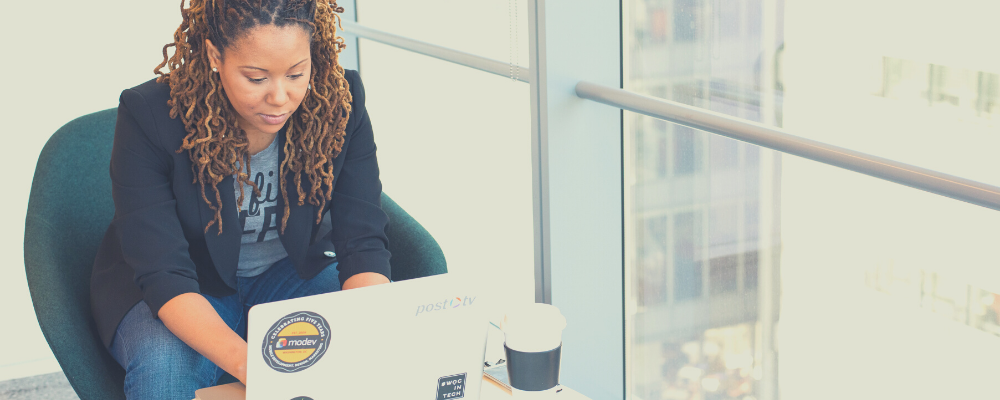Collateral refers to an asset that is put up in order to qualify for a loan. Homes and cars are a great example of these, as they are actually the collateral when you get a mortgage or auto loan. But do you absolutely need collateral for personal loans?
It Depends on the Loan
Whether or not you need collateral for a personal loan actually depends on the loan you’re getting. Most personal loans are considered “unsecured,” which means they base the qualifications on your creditworthiness. You will not have to put up collateral for these loans.
Personal loans that require collateral though are known as “secured.” This route can help you qualify for the loan, get a lower rate, or potentially ask for more money. If the individual defaults on the loan, however, these items will be repossessed in order to cover the loss.
What Can Be Used as Collateral?
Cars and homes can absolutely be used as collateral for personal loans, but these two are not the only options available to borrowers. A few other options can include:
- Money in Certificate of Deposit (CD) accounts
- Money in a savings account
- Stocks
- Insurance policies
- Jewelry
- Boat
- Bonds
- Fine art
- Collectibles
- Precious metals, including gold or silver
- Antiques
- Future paychecks
- Other valuables
There may be some restrictions on what a lender may accept as collateral and not every lender will accept everything on the list above. For example, for money in savings accounts or CD accounts, a minimum amount may be required. Cars are also generally not accepted if they are over seven years old.
Should You Put up the Collateral?
Deciding whether or not to put up collateral to secure a personal loan is entirely up to you, what you were approved for, and your finances. It’s not a decision to be made lightly, but you should consider all the facts before signing the dotted line.
Some facts to know about personal loans that require collateral:
-
Collateral can help you get a lower rate, get more money, and/or increase the repayment period
-
You may be able to qualify even with poor credit history or no credit history
-
Secured personal loans can still sometimes come with high-interest rates if you have bad credit
-
Always read the terms, including repayment periods, the amount due each month, APR, and penalties for late payments
Collateral and Personal Loans
Before you put up collateral, it’s a good idea to explore your options. If you fail to repay the loan, it is extremely likely the asset will be seized by the lender. Talk to banks and credit unions about your options, know your credit score, and get a few personal loans offers before making a decision.





